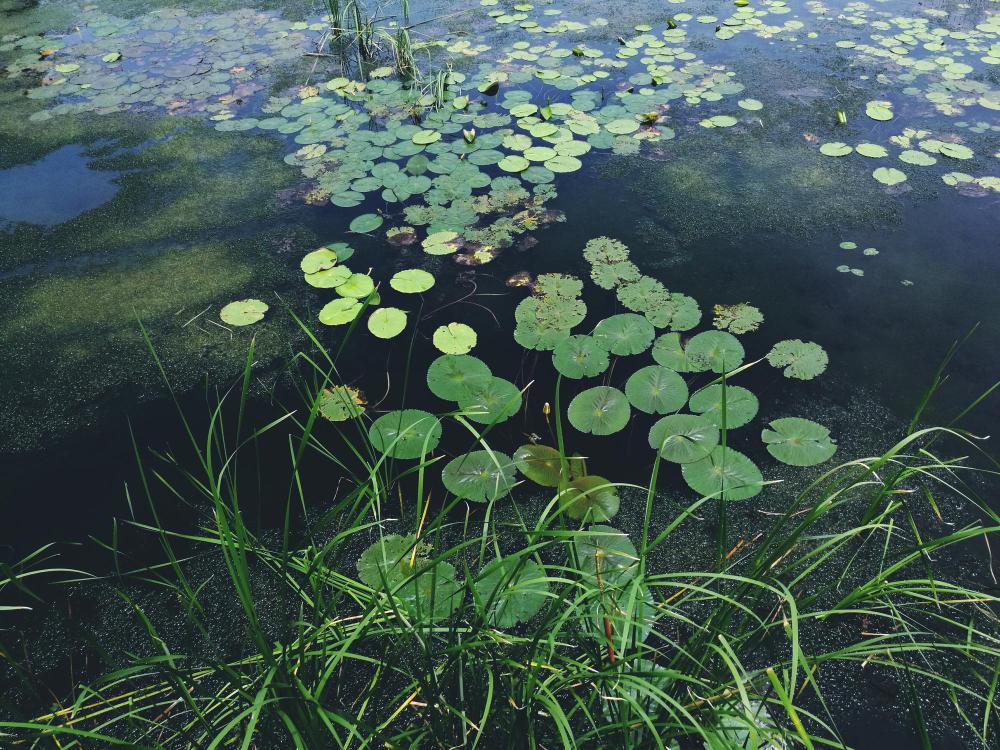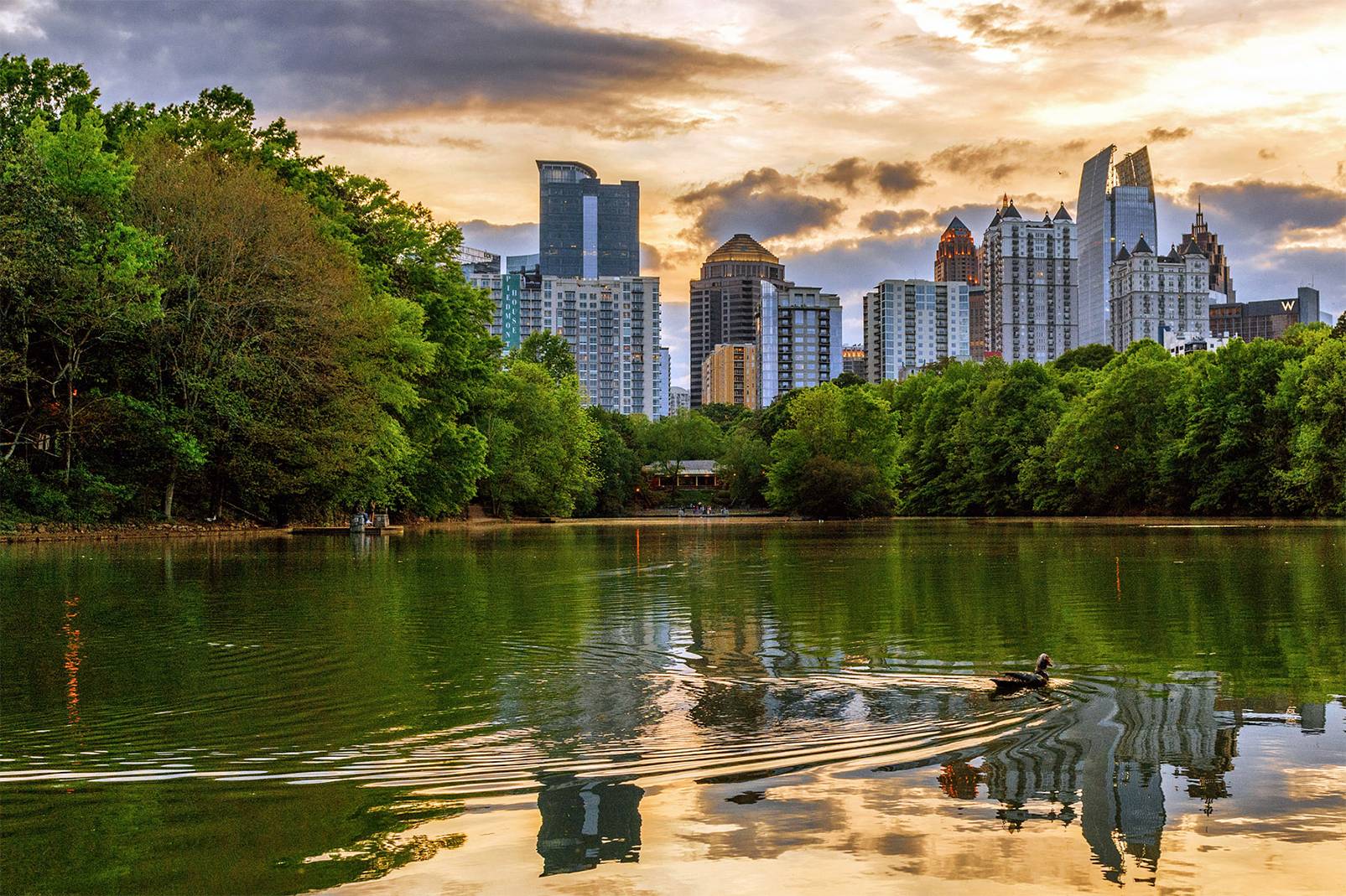
We're all familiar with weeds in the ground, but what about that uninvited guests in the waters? Aquatic weeds can wreak havoc on a pond, and successful pond maintenance will address this risk.
While we often focus on terrestrial weeds invading our gardens and landscapes, the threat posed by aquatic weeds in ponds and water bodies is equally significant, if not more so. These uninvited guests can wreak havoc on the delicate balance of aquatic ecosystems and pose challenges for successful pond maintenance. In this comprehensive exploration, we delve into the danger of aquatic weeds and the importance of proactive management strategies.
Aquatic weeds encompass a diverse range of plant species that thrive in aquatic environments such as ponds, lakes, rivers, and wetlands. These plants have adapted to grow either fully submerged, floating on the water's surface, or rooted along the water's edge. While some aquatic plants are beneficial and essential for a healthy ecosystem, others can rapidly proliferate and become invasive, disrupting the natural balance.
Aquatic weeds have the potential to outcompete native plant species, leading to ecological imbalance. Excessive growth can reduce water quality, deplete oxygen levels, and impede sunlight penetration. This impacts a wide range of aquatic organisms such as fish, amphibians, and invertebrates.
Overgrown aquatic weeds can alter the physical structure of the pond or lake. Dense mats of floating weeds can impede water flow, clog irrigation systems, and create stagnant areas prone to mosquito breeding. Even submerged weeds pose a risk as they may entangle boat propellers and get in the way of recreational activities.

Aquatic weeds contribute to nutrient cycling in water bodies. While some weeds absorb nutrients and help improve water quality, too much weed growth can lead to nutrient imbalances, algal blooms, and increased turbidity. This can mean reduced water clarity, foul odors, and unsightly scum on the water surface.
Aquatic weeds can affect the marketability of your property. They may even reduce property value. Aquatic weeds also hinder navigation and water-based activities, and they involve costly control measures. Additionally, infested water bodies may require ongoing management efforts, adding to maintenance expenses.
Regular monitoring for signs of aquatic weed growth is crucial for early detection and intervention. Observing changes in plant density, water clarity, and wildlife activity can help identify potential issues before they escalate.
Physically remove weeds and prevent further spread. Mechanical methods such as cutting, raking, and dredging can be effective for managing aquatic weeds, particularly in smaller ponds.
Introducing herbivorous fish, insects, or pathogens that specifically target invasive aquatic plants can be a sustainable approach to weed management as well. In cases of severe infestations, targeted herbicide application may be necessary.
Implementing preventative measures can help reduce the risk of aquatic weed introduction and spread. If you’d like to leave the retention pond maintenance to trained professionals, then call Aquatic Restoration to hire uniformed professionals. Aquatic Restoration has decades of industry experience and we look forward to many more serving our clients.
There’s peace of mind in knowing you have a reliable detention pond on your property. These man-made ponds temporarily hold…
Owning waterfront property is a dream come true for many people. Everything from the stunning views to a relaxing lifestyle…
Algae and contaminants are hands down among the most common and frustrating problems that pond owners face today. Excessive algae…
Recreational lakes are valuable community and private assets, offering opportunities for boating, fishing, swimming, and relaxation. Over time, however,…
Stormwater ponds form a part of modern stormwater management systems. As the name suggests, they collect and manage runoff from…